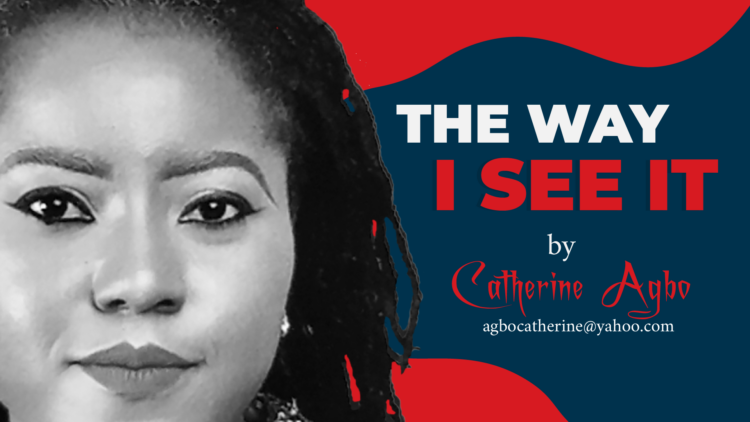The death of Queen Elizabeth about a week ago has dominated news headlines and social media discourse and this is not unexpected, considering her status and long reign.
From unflattering comments about her, one of the most prominent being one by US Professor, Uju Anya, celebrations by some Irish, talks about the dark parts of the legacy she has left behind and the royal family’s alleged history of oppression, there has not been a lack of what to talk about.
Amidst all the talk, one of the issues I found odd were comments by those who criticised the new King, Charles III for showing emotion when he referred to the late Queen as his “dear mama” in his first address to the nation and the Commonwealth, a day after the Queen’s passing at Balmoral.
In the address which lasted approximately 570 minutes, King Charles III, who had just stepped into his new role amidst personal loss, opened his address with an expression of profound sorrow and in concluding the address, said “And to my darling Mama, as you begin your last great journey to join my dear late Papa, I want simply to say this: thank you. Thank you for your love and devotion to our family and to the family of nations you have served so diligently all these years.”
He ended it with a quote from Hamlet; May “flights of Angels sing thee to thy rest.”
Watching the King make that address last Friday, I saw a man who was close to, loved, and held his mother very dear. His eyes said it all as he spoke about her. The connection was palpable.
Some people would, however, have none of it. They are of the view that the King is a sissy. To them, Kings should not be emotional.
And I ask, what is wrong if a King shows emotion?
Isn’t this culture of bottling up the reason many men, especially in our part of the world do not live long enough and die from depression, high blood pressure, stroke, and other associated illnesses?
In his speech, King Charles III tried to create a balance between his personal life and his new life as king which began seamlessly in line with the monarchical system, as soon as the death of his mother signalled the end of her reign.
The King’s expression, to my mind, was an expression of affection for his mother; I do not think there is anything wrong with that.
By society’s standards, men shouldn’t show emotions, they are not manly if they cry and many men have been conditioned to live this way.
But the fact that men typically hide their emotions doesn’t mean they do not have or express them. Many men have been betrayed by emotions on many occasions.
Men are conditioned very early in life to believe that expressing their feelings is not in tune with the male identity and that doing so has the potential to ruin their stoical and strong image. Men are often told that crying in front of other people will put their masculinity to question.
It is common to often hear older people ask a young male why he is crying like a woman. A man suffers a loss and he is told to be a man and hold it all in, lest he is thought of as a weakling.
However, research has shown that for the health and well-being of their relationships and their health and well-being, men need to be able to admit their emotions in case they have anxiety or depression, which can only be identified and treated if they accept that they have something they need to deal with.
Research shows that men experience emotions at the same level that women do and that a man experiencing sadness or depression is more likely to act aggressively or get angry over something small, rather than cry.
Men should, therefore, allow themselves to be human and be vulnerable enough to allow themselves to express emotions freely. They should be honest about the way they feel and not bother what people say when they express those feelings, even if it means crying publicly.
The way I see it, it was beautiful to see a man show deep emotion and love for a woman he knew for over 70 years of his life, a Queen to the rest of the world but his “dear mama.”
It even gives a peep into the kind of King he will be, a king that is empathetic and shows emotion, not the cold, frozen persona that was once painted of him by a British TV analyst who said “Hell will freeze over” before Charles ever showed empathy with anyone.
The use of the word “mama” was to convey his personal feeling of grief and his right to that, even as he combines the mourning period with other duties his current status has conferred on him, is inalienable.
God save the King!









